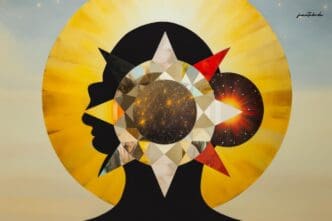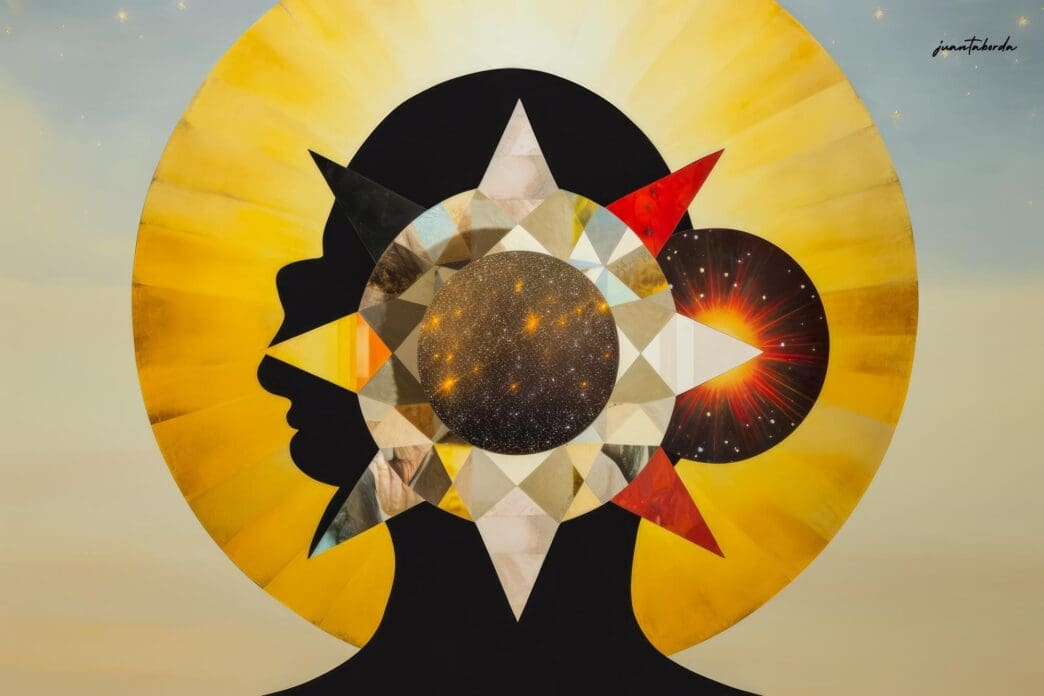A Glimpse of the Stars
Where the Planets Stand
Guiding Your Journey
Different Views of the Cosmos
Our understanding and acceptance of astrological insights are profoundly shaped by a pervasive psychological phenomenon known as confirmation bias. This cognitive bias leads individuals to selectively seek out, interpret, and remember information in a way that confirms their pre-existing beliefs or hypotheses, often unconsciously. When applied to astrology, it means we are more likely to notice and validate predictions or descriptions that align with our self-perception or current experiences, while overlooking or dismissing those that don’t, ultimately reinforcing our faith in the cosmic narrative.
Understanding Confirmation Bias
Confirmation bias is a fundamental aspect of human cognition, a mental shortcut our brains use to process the vast amounts of information we encounter daily. It’s not a deliberate attempt to mislead ourselves but rather an automatic tendency to favor information that supports what we already believe. For instance, if you believe you are a naturally intuitive person, you’ll pay more attention to instances where your intuition was correct and less to times it led you astray.
This bias can manifest in several ways: selective exposure, where we only seek out information that confirms our views; selective attention, where we only notice supporting details; and selective interpretation, where we bend ambiguous information to fit our narrative. It’s a powerful force that can solidify our convictions, making them feel more accurate and deeply held.
Astrology’s Appeal and Confirmation Bias
Astrology, with its promise of self-understanding, guidance, and insight into personality traits, holds immense appeal for many. It offers a framework for making sense of complex human experiences and provides a sense of connection to something larger than ourselves. This inherent appeal creates fertile ground for confirmation bias to take root.
When someone first encounters their zodiac sign description, for example, they are often actively looking for traits that resonate. The human desire for self-recognition and validation means we are predisposed to find ourselves within these descriptions, even if they are somewhat general.
The Barnum Effect and Generalizations
A significant contributing factor to confirmation bias in astrology is the Barnum Effect, also known as the Forer Effect. This psychological phenomenon describes our tendency to accept vague, general personality descriptions as uniquely accurate to ourselves, even when they could apply to almost anyone. Many astrological interpretations, particularly those found in general horoscopes, are crafted to be broadly applicable.
When a horoscope states, “You might feel a need for greater independence this week,” many individuals will find a way to connect this to their current feelings or situations, regardless of their specific zodiac sign. The statement is just specific enough to feel insightful but general enough to resonate with a wide audience, making it easy for confirmation bias to kick in.
Selective Memory and Interpretation
Our memory plays a crucial role in perpetuating confirmation bias within astrological beliefs. When a prediction or personality trait from our horoscope or natal chart aligns with an event or feeling, we tend to remember it vividly and credit astrology for its accuracy. These “hits” become powerful evidence supporting our belief system.
Conversely, when an astrological prediction misses the mark, or a personality trait doesn’t quite fit, we are far more likely to forget it, rationalize it away, or interpret it in a way that makes it seem less contradictory. We might think, “Well, that’s just a minor influence,” or “Maybe I wasn’t feeling my true self that day.” This selective retention strengthens the perceived validity of astrology over time.
The Role of Social Media and Echo Chambers
In the digital age, social media platforms have become powerful amplifiers of confirmation bias. Individuals often follow accounts, join groups, and engage with content that aligns with their existing interests and beliefs, including astrology. This creates an “echo chamber” where their astrological perspectives are constantly affirmed and rarely challenged.
Algorithms further exacerbate this by feeding users more of what they already engage with, creating a curated online experience that reinforces their existing worldview. Within these spaces, shared experiences of astrological accuracy further solidify collective beliefs, making it harder for individuals to critically evaluate the information they encounter.
Beyond Sun Signs: Nuance and Bias
While often associated with simplistic sun sign astrology, confirmation bias extends to more complex astrological practices, such as natal chart readings or transit analyses. Even when delving into the intricate layers of planets, houses, and aspects, individuals may still unconsciously seek out interpretations that resonate with their self-perception or desired outcomes.
A skilled astrologer will offer nuanced interpretations, but the client’s internal bias can still filter how they receive and internalize that information. They might focus on the positive affirmations about their strengths and overlook the challenges, or interpret difficult aspects as opportunities for growth that they were already considering.
Navigating Astrology with Awareness
Acknowledging the influence of confirmation bias doesn’t diminish the potential value of astrology as a tool for self-reflection and personal growth. Instead, it encourages a more mindful and critical engagement with its principles. By understanding how our brains naturally seek to confirm what we already believe, we can approach astrological readings with greater objectivity.
Consider astrology as a language for understanding archetypes and energetic patterns, rather than a definitive predictor of fate. Engage with it as a prompt for introspection, asking yourself if a particular interpretation genuinely resonates with your experience, or if you are simply trying to make it fit. This conscious effort allows for a richer, more authentic exploration of cosmic influences.
Embracing a Balanced Perspective
Ultimately, recognizing confirmation bias in our astrological beliefs empowers us to engage with the stars more consciously and critically. It encourages us to approach astrological insights not as infallible truths, but as frameworks for self-discovery and personal reflection. By cultivating an awareness of this cognitive tendency, we can foster a more balanced and insightful relationship with the ancient wisdom of astrology, utilizing it as a tool for deeper self-understanding rather than simply seeking validation for what we already believe.
All About Your Zodiac Sign
Get your daily horoscope, tailored for you and those you love. Find out what the stars have in store for every sign, then share the cosmic wisdom.








